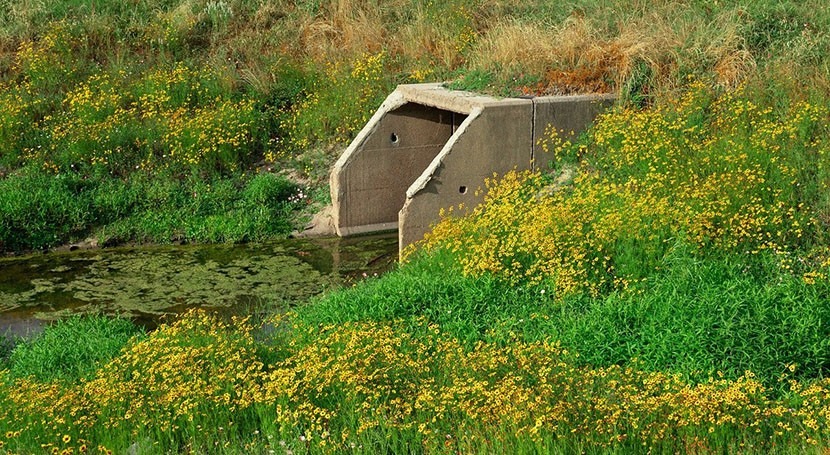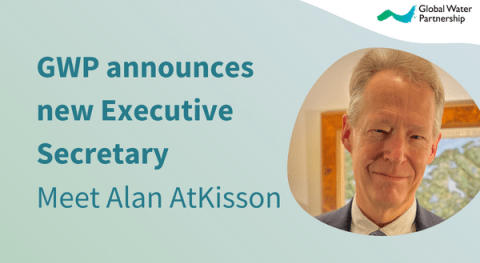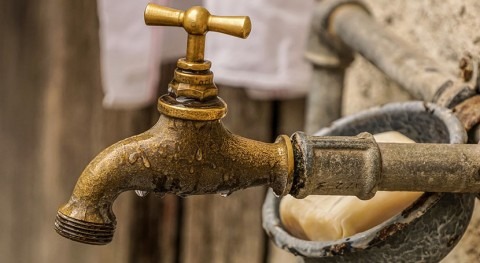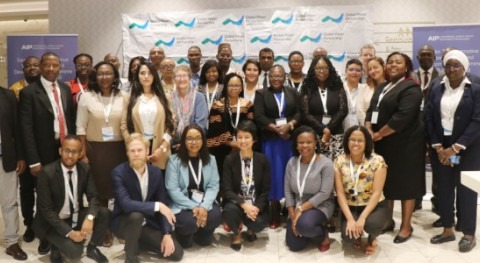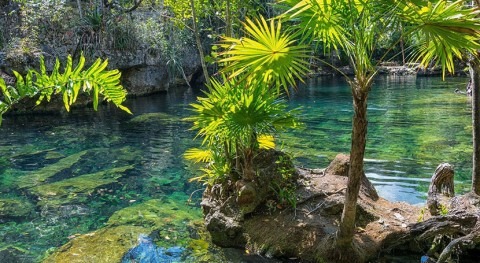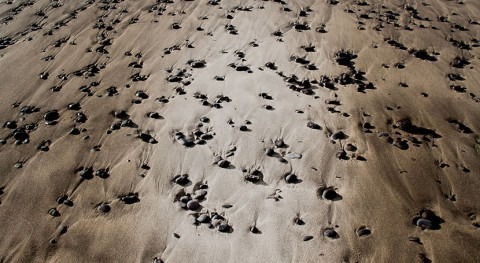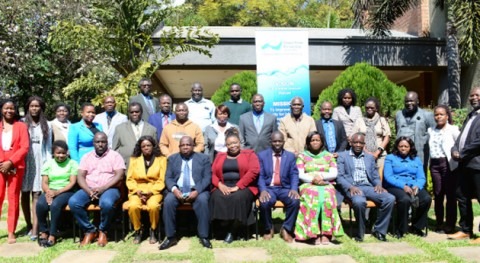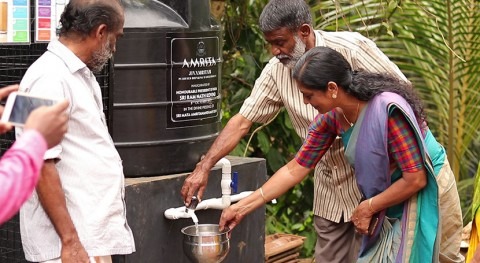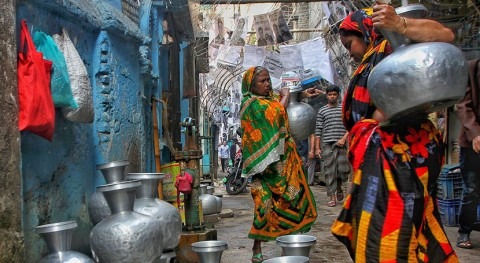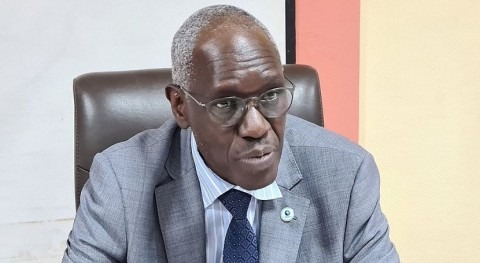Under the currently valid EU legislation, wastewater collection and treatment in small settlements (<2000 PE) is not clearly regulated. Revision of the Urban Wastewater Directive (91/271/EEC) is currently under discussion and considers policy changes for remaining pollution, which comes from urban sources such as stormwater overflows and urban runoff, small rural municipalities and towns not falling within the scope of the Directive, and individual collection systems. In central and eastern Europe, there is an exceptionally substantial number of small settlements and inappropriate treatment of wastewater from these settlements causes pollution of surface and groundwaters. Simple and robust technologies (such as nature-based solutions - NBS) that have low operation and maintenance requirements and costs, are recognized as most suitable and their implementation needs to be promoted.
A sustainable sanitation task force (SS TF) active in Global Water Partnership Central and Eastern Europe (GWP CEE) since 2007, joining the experts from the CEE region reviewed the situation of sanitation in small settlements, exposed main challenges and developed ideas on how to improve the situation.
A similar survey to the one ten years ago was repeated to see the progress in sustainable sanitation in small settlements and to get a detailed insight into implementation of NBS for wastewater treatment in the CEE region.
Nature-Based Solutions (NBS)
A special attention in the questionnaire was given to the application of NBS for wastewater treatment. In the last 10 years, the technical knowledge on NBS for wastewater treatment has increased significantly and is presented in numerous expert literatures and textbooks (one also prepared by SS TF in 2014). Additionally, EU has been financing many NBS oriented research and innovation projects. NBS are a well-known and distributed approach for environmental problem solving that generates multiple benefits. EU Horizon 2020 programme significantly supported the research and demonstration of NBS and proved their efficiency and advanced the knowledge on their multiple benefits. Under the new funding perspective of the EU, NBS are particularly encouraged to be explored and used as climate change adaptation measures.
Under the new funding perspective of the EU, NBS are particularly encouraged to be explored and used as climate change adaptation measures
In the SS TF survey the respondents were asked to indicate the type, number, and average size in population equivalents (PE) of NBS used in their countries. The results showed that all common NBS for wastewater treatment are applied in the region but on a small scale. Several reasons were identified to explain the low application of NBS. Unawareness of the technology and its solutions is an important aspect identified in Bulgaria, Hungary, Poland, and Slovakia. Interestingly, negative experiences with the technology is identified in several countries, indicating some early trials attempts that were been well accepted. Another challenge is the lack of land/available space, as NBS applications are area intensive. However, NBS are recommended for rural areas, and in the countries where lack of land was cited as a challenge (Hungary, Romania, Latvia), rural space is abundant.
Compared to 2012, NBS are still vastly underexploited in most respondent countries. In Bulgaria, Romania, and Ukraine, they remain unrecognised since then. However, the use of NBS in wastewater treatment has improved in most of the surveyed countries, particularly in Slovakia, Poland, Estonia, and Slovenia, where the demand for treatment wetland technologies is higher.
Conclusion
This study has shown that there are numerous gaps in managing wastewater in rural areas of CEE. It is not only that small settlements (home for 30% of the population in the region) are not addressed by both the European Urban Wastewater Treatment Directive (91/271/EEC) and corresponding national legislations but it is also that the data on the number and performance of small wastewater treatment plants and individual systems are frequently missing. Therefore, the evaluation of the actual situation depends strongly on the insight information of the experts that collaborated in the study. Similarly, there is also no national database or register on existence and performance of NBS and water reuse. According to the results of the study these systems exist in all countries included in the study which presents a good pool for future dissemination and rising-awareness activities.
This study has shown that there are numerous gaps in managing wastewater in rural areas of CEE
Comparing with the results from previous questionnaire, study done in 2012, there has been an improvement both in the number of wastewater treatment plants in small settlements and in the diversity of technologies applied. However, the ratio of population connected to wastewater treatment plants in small settlements is still small and significant improvements need to be done in the following years to reduce so-created dispersed pollution of surface and groundwaters.
Future Activities of the Sustainable Sanitation Task Force
After receiving and compiling the data from the questionnaires, the task force held a workshop to discuss the results of the questionnaire study and formulate the key activities to improve wastewater management in the region for wider implementation of sustainable solutions such as NBS, increased reuse of water and nutrients, and broader implementation of circular economy.
To achieve this goal, awareness rising campaigns, educational activities, development of an online platform (one-stop-shop), and the presentation of case studies are proposed by SS TF. Achieving climate neutral wastewater management also requires enabling the reuse of water and treatment products. This includes developing a framework for clear legislation, presenting available technologies through case studies, and exploring options for financial incentives. The SS TF aims to develop project proposals where activities can be further developed and implemented.


